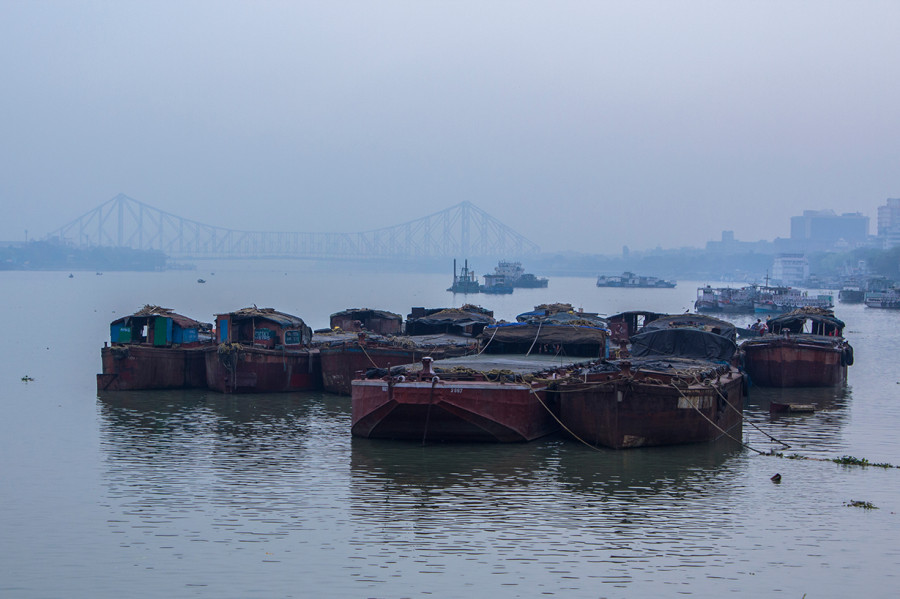Money
India agrees to allow Nepal to use three inland waterways
Nepal to get access to the Kolkata-Kalughat, Raxaul; Kolkata-Sahebgunj, Biratnagar and Kolkata-Varanasi-Raxaul routes.
Rajesh Khanal
India has consented to grant access to the Kolkata-Kalughat, Raxaul; Kolkata-Sahebgunj, Biratnagar and Kolkata-Varanasi-Raxaul routes during the trade talks held recently in New Delhi. Officials of the two countries sat down for the third round of talks to review the bilateral treaty of trade in New Delhi last Thursday and Friday.
Navaraj Dhakal, joint secretary of the Ministry of Industry, Commerce and Supplies, led the Nepali team at the joint secretary-level meeting. Bhupinder Singh Bhalla, joint secretary of the Department of Commerce, Ministry of Commerce and Industry of the Government of India, was the leader of the Indian delegation.
“A draft of the letter of exchange on the inland waterways was finalised during the bilateral trade talks,” said Dhakal.
Nepal and India had issued a joint statement on establishing new connectivity through inland waterways during Prime Minister KP Sharma Oli’s visit to New Delhi in April 2018.
Last March, the two countries formed a joint technical team to study the possibility of operating waterway transportation over various routes. The technical team identified the three routes via Haldia port as the most viable routes for inland waterway transportation between the two countries.
India has developed a waterway on the Ganges River connecting Varanasi and the seaport of Haldia, Kolkata. Access to the Indian waterways will facilitate efficient movement of cargo imported from third countries to Nepal.
“After the provision materialises, it will diversify our transit facilities as we are currently completely dependent on land transportation,” said Dhakal, adding that the provision would get legitimacy after it is signed at the next Inter-Governmental Committee meeting.
According to the ministry, it had sent a written draft on various issues related to bilateral trade and transit during the talks held last week. Dhakal said India had also expressed willingness to take a lenient policy for revising the rules of origin.
India currently grants duty-free access Nepali products with at least 30 percent value addition. “India has agreed in principle to implement policy considering Nepali products from the customs tariff headings to the customs tariff subheadings, ensuring flexibility in the goods imported from Nepal,” said Dhakal.
Revising duty-free access for agricultural goods, revising the agriculture reform fee imposed by Nepal on Indian farm products, and removing Indian quotas on four Nepali products were among the major items on the agenda, according to Dhakal.
Nepal has been pressing India to lift the quantitative restriction on the import of acrylic yarn, copper utensils, vegetable ghee and zinc oxide which has been in place since 2002. Nepal has been presenting the issue at almost all bilateral talks, but India has not done anything about it so far. “This time, the Indian side has assured us to take the issue to a higher level,” said Dhakal.
Nepal and India have also finalised the draft of a mutual recognition agreement in the trade of agricultural goods. After the agreement goes into effect, the two countries will recognise the quality certificates issued by each other.




 20.12°C Kathmandu
20.12°C Kathmandu













